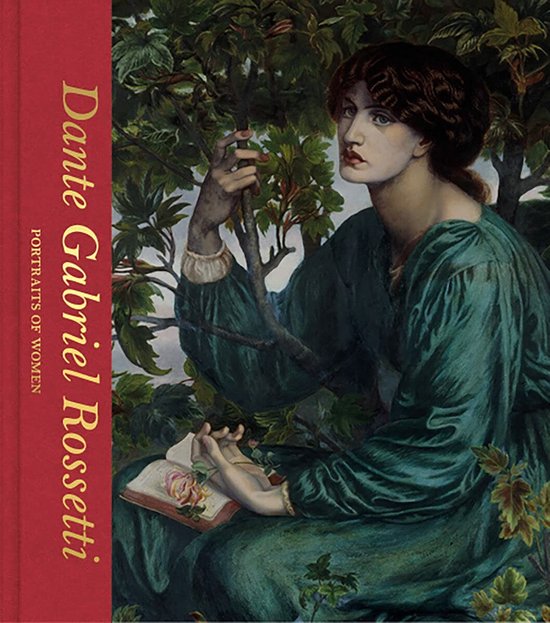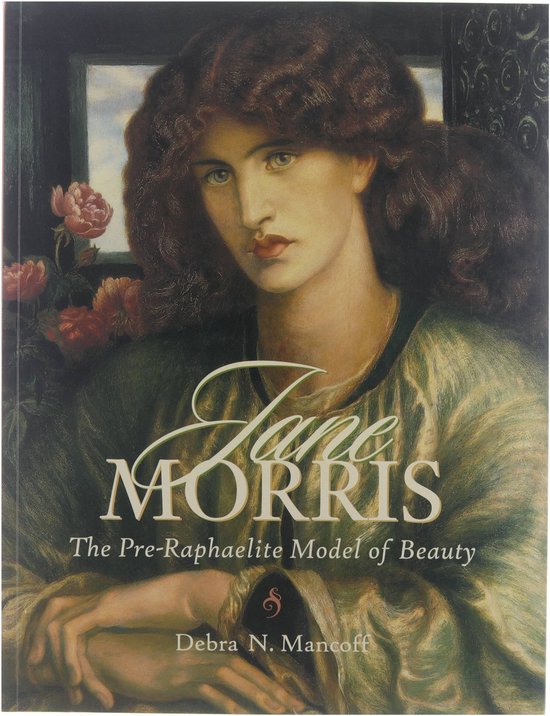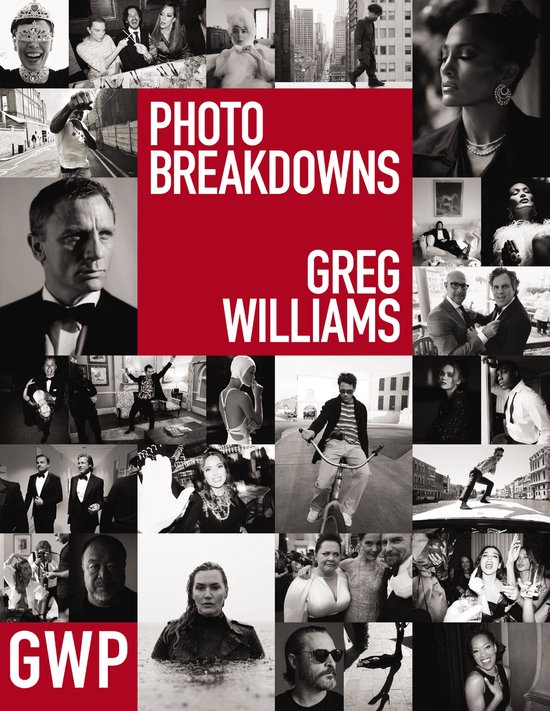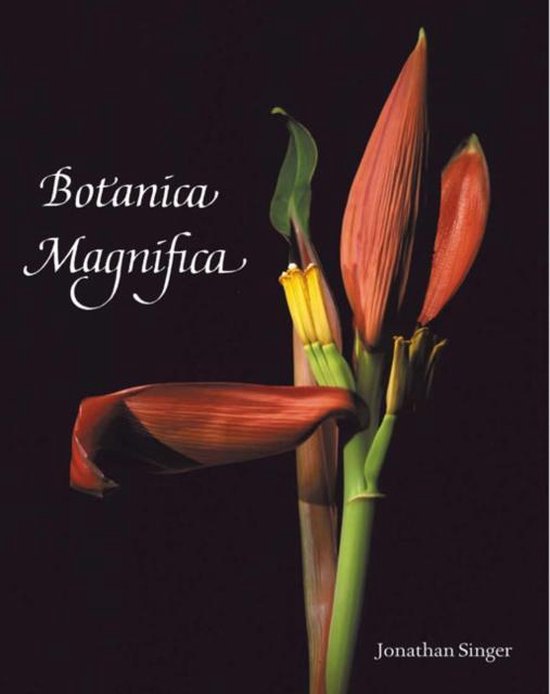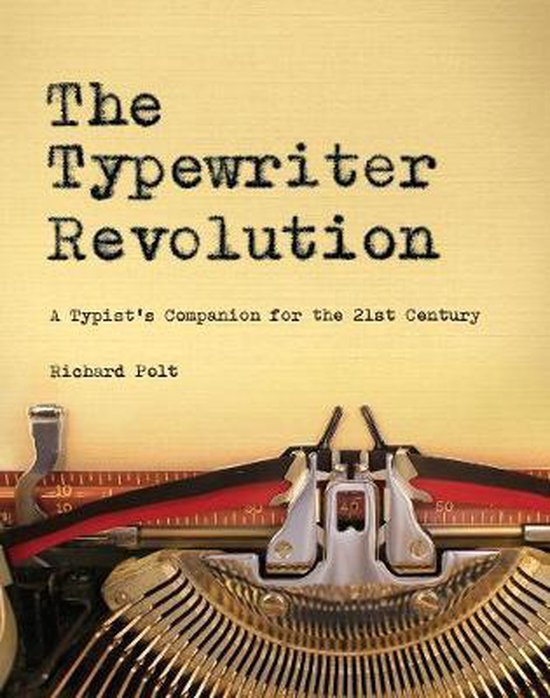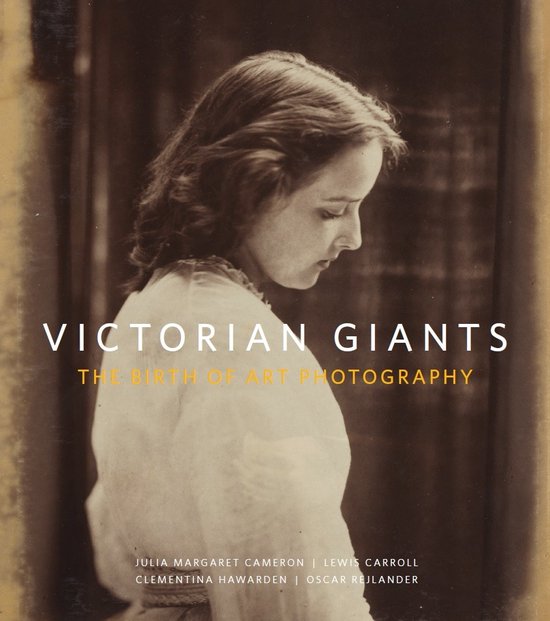
Victorian Giants
Oscar Rejlander (1813–75), Julia Margaret Cameron (1815–79), Lewis Carroll (1832–98) and Clementina Hawarden (1822–65) embody the very best of photography from the Victorian era. They experimented with new approaches to picture making and shaped attitudes towards photography that have informed artistic practice ever since. Discover the images that made people think about the photograph as a work of art in this beautiful book.
The idea of ‘art photography’ is nearly as old as photography itself, but it wasn’t until the 1850s that photographers began to claim fine-‐art status for their work. Debates about photography and its role raged internationally, but it was in England, through the work of Oscar Rejlander, Julia Margaret Cameron, Lewis Carroll and Clementina Hawarden in particular, that the new art found its fullest expression.
These four artists – a Swedish émigré with a mysterious past, a middle-‐aged Ceylonese expatriate, an Oxford academic and writer of fantasy literature, and a Scottish countess – formed the most unlikely of schools. Both Carroll and Cameron studied under Rejlander briefly, and maintained a lasting association based around intersecting approaches to portraiture and narrative. Influenced by historical painting and working in close association with the Pre-‐ Raphaelite brotherhood, they formed a bridge between the art of the past and the art of the future, standing as true giants in Victorian photography.
Separately, Cameron, Carroll, Hawarden and Rejlander produced some of the most spectacular images in history. Divided into three main sections, this book brings together many of these works for the first time, drawing heavily from the National Portrait Gallery Collection. The selection will be enriched with key works from other collections from around the globe. Of special interest is an exploration of historical and contemporary painters and their role in the young fine-‐art-‐photography movement.
The idea of ‘art photography’ is nearly as old as photography itself, but it wasn’t until the 1850s that photographers began to claim fine-‐art status for their work. Debates about photography and its role raged internationally, but it was in England, through the work of Oscar Rejlander, Julia Margaret Cameron, Lewis Carroll and Clementina Hawarden in particular, that the new art found its fullest expression.
These four artists – a Swedish émigré with a mysterious past, a middle-‐aged Ceylonese expatriate, an Oxford academic and writer of fantasy literature, and a Scottish countess – formed the most unlikely of schools. Both Carroll and Cameron studied under Rejlander briefly, and maintained a lasting association based around intersecting approaches to portraiture and narrative. Influenced by historical painting and working in close association with the Pre-‐ Raphaelite brotherhood, they formed a bridge between the art of the past and the art of the future, standing as true giants in Victorian photography.
Separately, Cameron, Carroll, Hawarden and Rejlander produced some of the most spectacular images in history. Divided into three main sections, this book brings together many of these works for the first time, drawing heavily from the National Portrait Gallery Collection. The selection will be enriched with key works from other collections from around the globe. Of special interest is an exploration of historical and contemporary painters and their role in the young fine-‐art-‐photography movement.
| Auteur | | Phillip Prodger |
| Taal | | Engels |
| Type | | Hardcover |
| Categorie | | Kunst & Fotografie |
